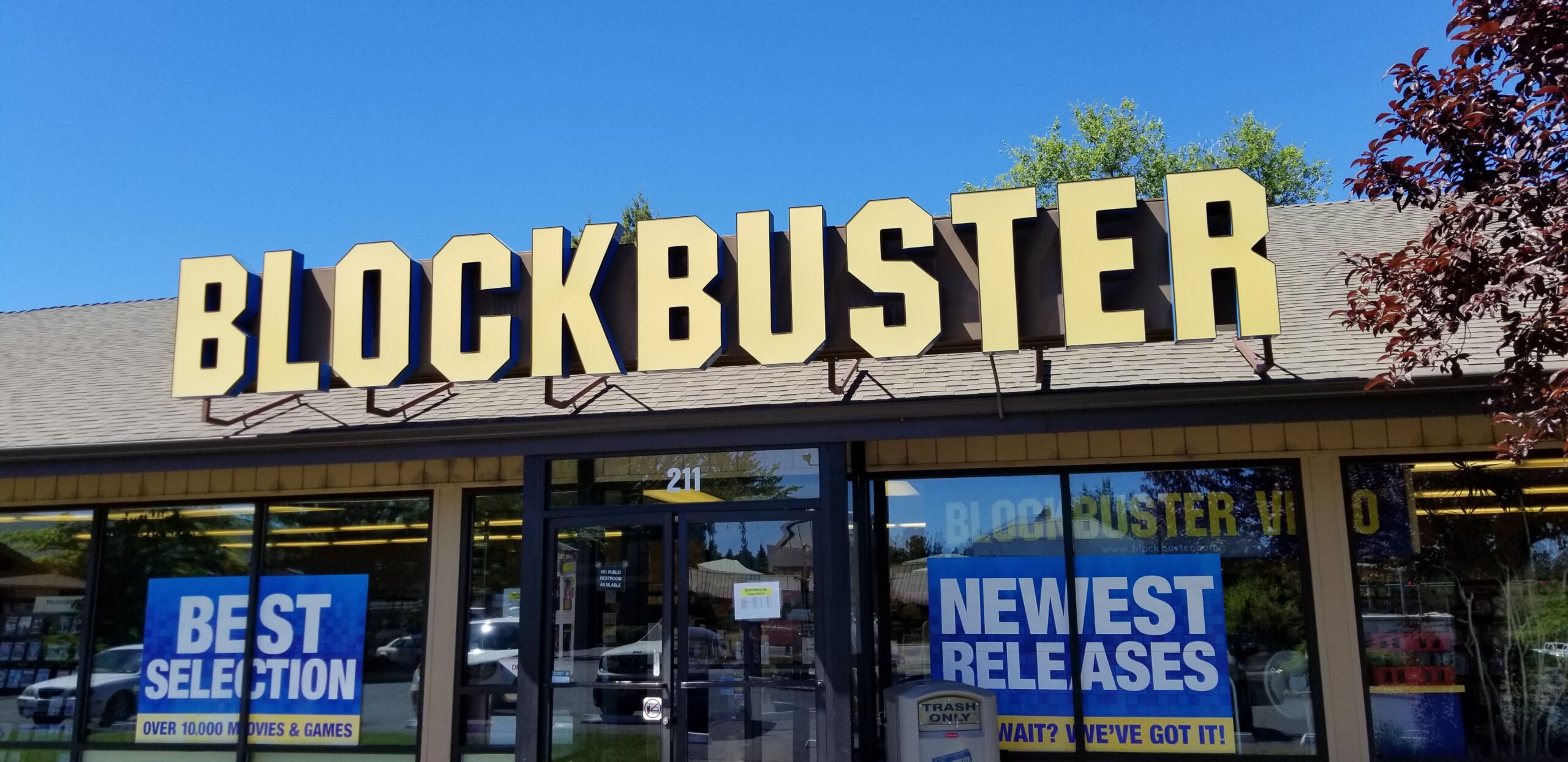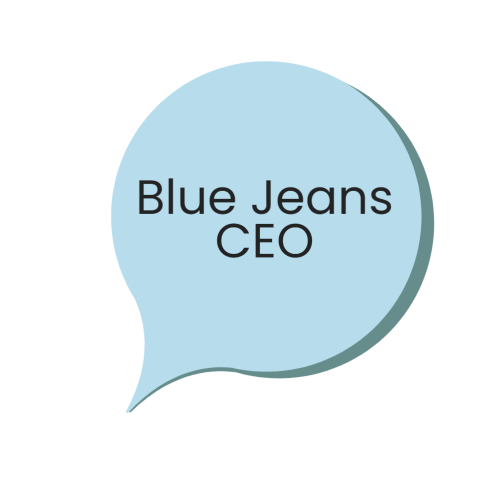
Nassim Taleb, author of ‘The Black Swan‘, tells a story of a turkey that is fed by a farmer every morning for 1,000 days. Eventually the turkey comes to expect that every visit from the farmer means more good food.
That is all that has ever happened, so the turkey figures that’s all that can and will ever happen. In fact on day 1,000 it’s at the peak of its confidence. After all, it now has 1,000 days-worth of track record on which to base its confidence.
With a track record like that, what can possibly go wrong? but then day 1,001 arrives. It is two days before thanksgiving and when the farmer shows up, this time he hasn’t got food in his hand. Instead, he has a recently sharpened axe. The turkey learns very quickly that its expectations were catastrophically off the mark-that good old days weren’t going to last forever. So now Mr. turkey is dead.
BUSINESS TURKEYS
We all remember Blockbuster, and the story of their demise after the launch of Netflix service. In early 2000 the founders of Netflix offered to sell their business to Blockbuster for $50 million. However Blockbuster refused to buy it, a decision that has been cited as the cause of their demise.
However, not buying Netflix was not the cause. Some argue that Netflix and blockbuster were not in direct competition. At the time with Netflix offering older out of syndication movies. Whereas, blockbuster was offering the latest blockbuster movies straight from cinema.

In truth, blockbuster failed because it had become a turkey. Expecting that its business model would be fine and changes happening to the streaming market would not affect them. Opportunities were missed to join the bandwagon by the time they understood where the industry was going.
Well except for one store which still appears to be open according to the wrap.
DON’T BECOME A TURKEY
The lesson to learn for businesses is to understand the market direction and disruptions. These are new offerings, new technologies or just new competitors. Disruptions are part of being in business. You either give in to it or ride it.
LESSONS TO LEARN.
When setting up a business you would have tried to be at least up-to-date with systems and technology. But as the company matures do you keep those systems up to date? Do they still meet your requirements?
If any of the answers to the above was No, we suggest you learn about technical debt and implement a plan to reduce it.
Many business owners think investing in new technology is expensive and risky. But without taking the risk, you risk falling further behind until the technical debt is more than the company is worth.
TECHNICAL DEBT
The technical debt of a business is the value of upgrades needed to the business systems to modernise them. For example, most IT equipment was upgraded in a 3 to 5-year cycle.
20 years ago, a significant upgrade of most systems was ready for the millennium bug. This caused business owners to push back the upgrade cycle to 8 to 10 years. Then, in 2008 the global recession caused these businesses to further delay upgrades.
This introduced the concept that a business has a technical debt. It also helped business owners to understand the risks associated with falling behind technologically.
HOW TO NOT BE THE BUSINESS TURKEY
Understand that “tomorrow is not promised”. Your industry or your business may not survive the changes in technology today. So you need to look at ways to either move your business into a different niche or prepare to invest in the changes and ride the wave.
- Questions to keep asking yourself;
- What type of business is relevant now?
- What technologies are coming out which could disrupt the industry?
- How can I take advantage of the changes to protect my business?
If you would like a review of your business, please get in touch with Mobius Capital, they will be able to:
- Complete a full review of your business.
- Highlight which technologies are likely to disrupt your industry.
- Help you take full advantage of any future technology updates.


